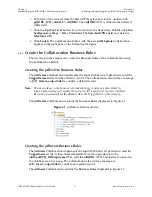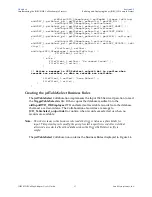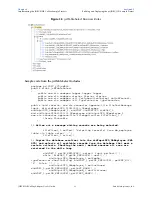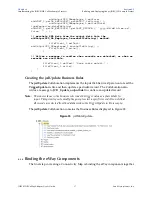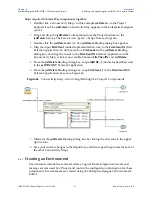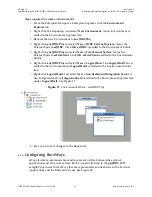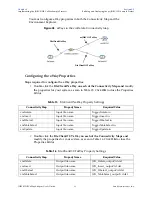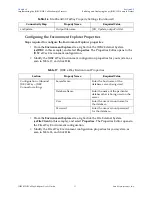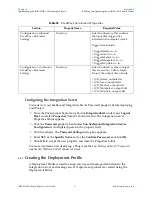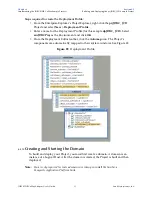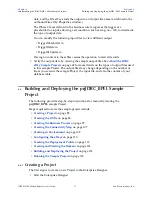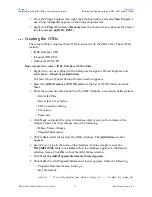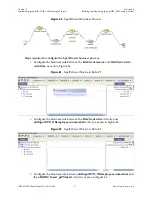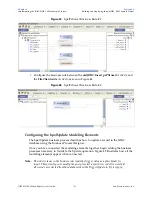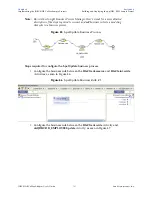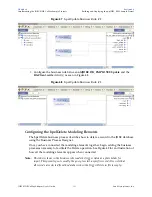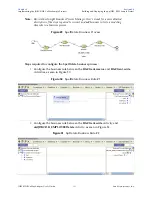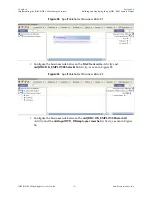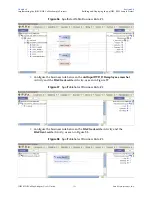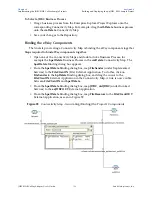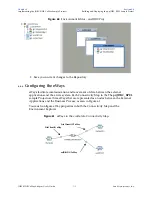
Chapter 6
Section 6.6
Implementing the JDBC/ODBC eWay Sample Projects
Building and Deploying the prjJDBC_BPEL Sample Project
JDBC/ODBC eWay Adapter User’s Guide
95
Sun Microsystems, Inc.
data, and the File eWay sends the output to an Output file name (as defined in the
outbound File eWay Properties window).
The Where Clause defined in the business rule recognizes the trigger as a
placeholder for input, allowing a set condition, such as emp_no = 100, to determine
the type of output data.
You can modify the following input files to view different output.
TriggerTableSelect.in
TriggerDelete.in
TriggerPsUpdate.in
Having no content in these files causes the operation to read all records.
2
Verify the output data by viewing the sample output files. See
About the JDBC
eWay Sample Projects
on page 69 for more details on the types of output files used
in this sample Project. The output files may change depending on the number of
times you execute the sample Project, the input file, and also the content of your
database table
.
6.6
Building and Deploying the prjJDBC_BPEL Sample
Project
The following provides step-by-step instructions for manually creating the
prjJDBC_BPEL
sample Project.
Steps required to create the sample project include:
Creating a Project
on page 95
Creating the OTDs
on page 96
Creating the Business Process
on page 97
Creating the Connectivity Map
on page 107
Creating an Environment
on page 109
Configuring the eWays
on page 110
Creating the Deployment Profile
on page 113
Creating and Starting the Domain
on page 114
Building and Deploying the Project
on page 115
Running the Sample Project
on page 115
6.6.1
Creating a Project
The first step is to create a new Project in the Enterprise Designer.
1
Start the Enterprise Designer.

